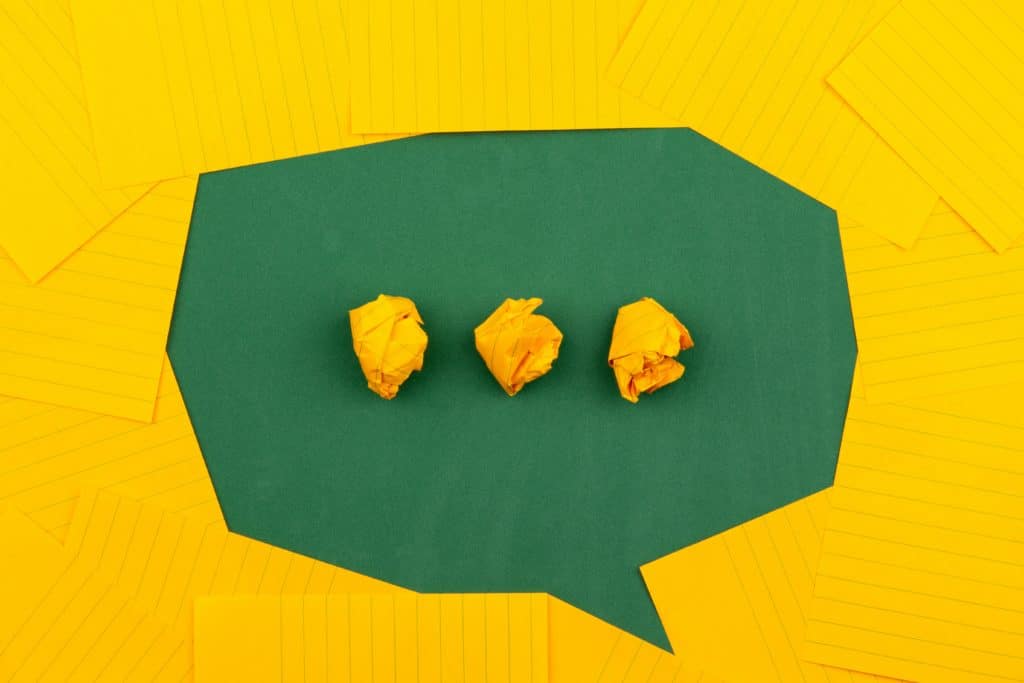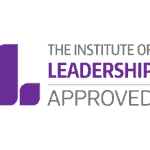I recently presented at the Freelance Festival and there were an influx of questions that fell into the stress bracket. It’s hardly surprising is it?
From low concentration and sleep struggles, to burnout and supporting the mental health needs of others, these are big issues that are affecting us all right now. And without a manager and a cohort of colleagues to lean on it’s no wonder that freelancers are feeling the strain.
Stress Awareness Month is right around the corner so what better time to share my answers to the big questions from the festival.
My concentration levels are poor since lockdown and I am so easily distracted, how can I get back on track?
Did you see my recent LinkedIn post about getting my focus back re. my poorly rescue cat? I also use mindfulness to bring myself to the current situation e.g. at the start of a training session, after setting up I do a mindful 3 or 5 minutes to focus, or I do the same at the start of a meeting. I try to mono-task instead of multitask. I turn my email off when I have a focused piece of work to do.

Sometimes my mind is so full of work stuff I struggle to sleep. Any tips for switching off?
We all know that sleep is fundamental to optimal health yet it’s so often the quickest thing to slip off of our self-care list.
My biggest tips are to stop working at a reasonable time and to keep a regular bedtime routine, whatever that looks like for you. Know that these persistent thoughts are your brain trying to help you out, reminding you of what you haven’t done or what you have to do.
Writing it down gets it out of your head and helps your mind to relax – try keeping a pad and pen by the bed to note any thoughts that come into your head.
Stay in bed, even if you cannot sleep. Be aware if you get up and do something productive you are in fact rewarding the behaviour and potentially creating a pattern that means your brain will keep waking you. Try telling yourself that even when your mind is busy at night, your body is resting and recovering from the day. You may find, like I do, that this can break the negative thinking cycle.
My sister’s been struggling with her mental health for the past couple of days, do you have any tips to help family members with their mental health?
It’s a well used phrase but truly you cannot pour from an empty cup so please make sure you are well resourced when supporting others. If you yourself are not in a good, level place it won’t help you or them.
Show willingness to listen to family members’ struggles but don’t try to fix things, it’s not your issue to resolve. Asking what help they would like from you will put them in the driving seat and in control of their situation.
Encourage them to look for options online, maybe be with them for this, wherever possible let them find the solution as they will then be more invested in it.
Seek professional help if their needs are causing you a lot of concern or anxiety. And the same for them, encourage them to get professional help. There is no stigma here and there are so many options out there from charities that offer 24/7 phone support to private therapy at all price points.
Do you think Covid has made people more honest and open to talking about stress and mental health which might mean the figures have increased as well?
I think that this is likely the case. The conversations around mental health have been getting louder over the past few years, starting with an increased openness across social media which then filtered down into prominent voices (those with larger audiences) telling their own stories of mental health.
If you use LinkedIn I’m sure you will have seen an increase here also in people discussing their experiences of stress and burnout. I certainly have noticed an increase in posts from people, particularly freelancers, who are acknowledging the need to take a day here and there to honour their self-care and protect their mental being.

Is there one main thing that we should be doing to tackle stress and avoid burnout?
There is no cure-all solution here but take time to build on your self-awareness so that you can know your own signs of stress and can take action early to alleviate the impact on your mental and physical wellbeing.
Share with others how you feel and behave when you are feeling stressed and find a way to encourage them to tell you they notice e.g. in our house we say we are feeling ‘eggy’, and we give each other space or ask what is needed to help.
Once you are aware of becoming stressed do something to take you away from the stressor. Maybe ‘break state’ by:
- dancing.
- singing loudly.
- moving – go for a power-walk or run, any type of intense movement can help to break the physical chain of the stress response.
- using breathing techniques or distraction techniques like ‘Grounding’ can stop a panic attack coming on.
How helpful are distraction techniques?
It depends what distraction technique you are using.
If it is drugs and alcohol then no, it’s not at all helpful. You may lose sight of that in the moment but when you find clarity you do know that’s not the answer.
If you explore mind tools such as the Grounding technique or a breathing technique then they can made the world of difference. There’s no one size fits all when it comes to these methods so keep exploring the techniques out there until you find those that help you through the hard times.
This post has more info on grounding techniques
If you’d like more support contact me for info on my six part workplace training (6 hours) Managing Stress for the Busy Professional, recommended for anyone who would like to learn strategies to move beyond feelings of overwhelm and find their inner calm.



